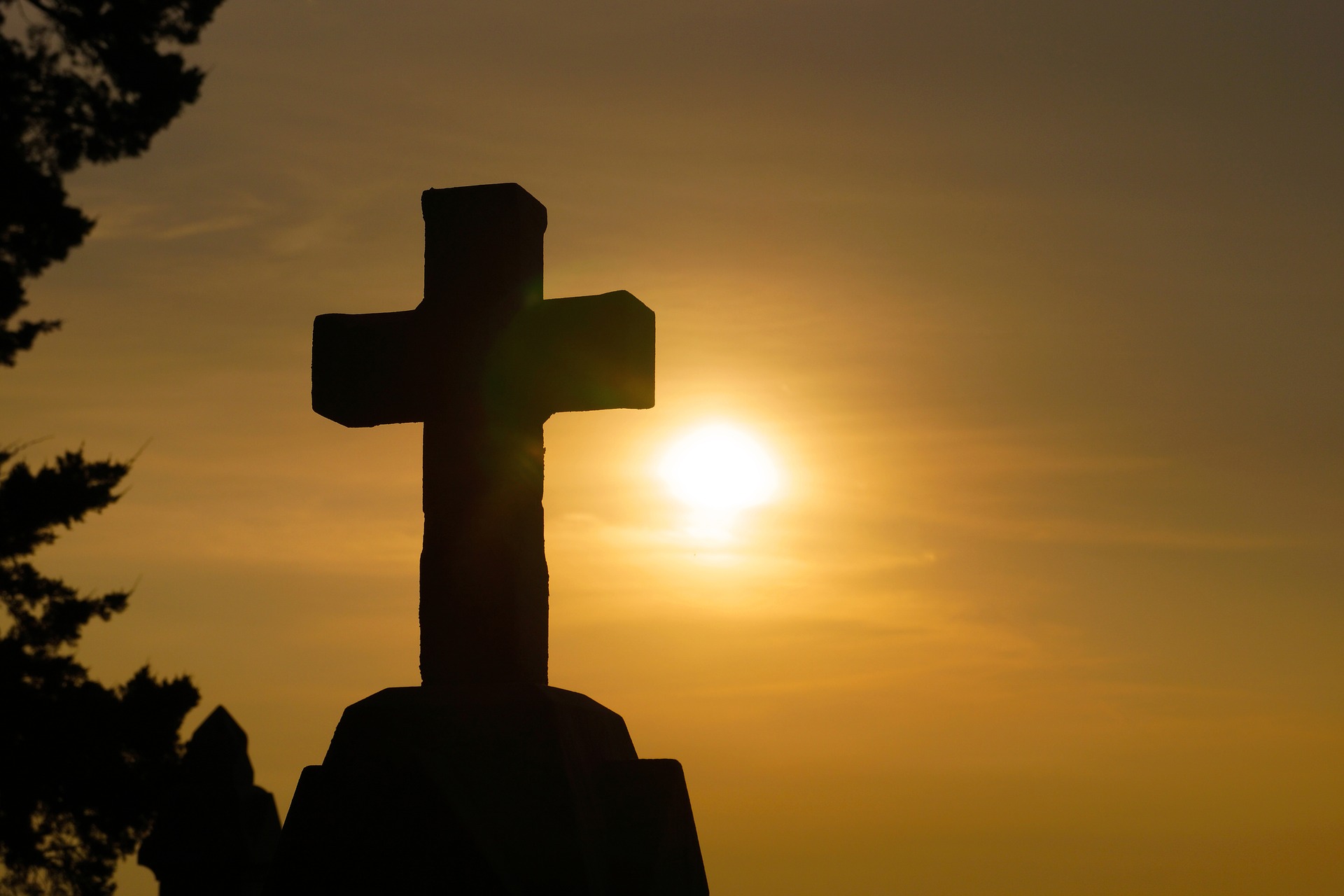Christmas is almost here, and Australia is getting ready to celebrate the time of year when our strong Christian traditions bring us all together.
Or are we?
Data from the last few Censuses have confirmed a few things about modern Australian society, including that Australia is steadily becoming less Christian.
Rates of Christianity have been in decline since the 1970’s, meanwhile rates of all other religions, especially Islam, Hinduism and Buddhism are increasing.
Christmas does still, of course, have a massive impact on our calendar, and has become a holiday that can be celebrated by all Australians, regardless of religion.
Fatima Halloum and Helena Abdou two of the thousands of young Muslims in Australia who will be spending Christmas this year with their family.
“I think in this country, Christmas isn’t really celebrated religiously, as much as it is culturally,” Ms Halloum said.
“And even culturally, a lot of Muslims don’t necessarily celebrate Christmas, but we’ll go down to the beach, and have a barbecue and just spend time with friends and family.”
There is one religious sector that has been growing faster than any others however; 7,040,717 respondents described themselves as having no religious affiliation in 2016 Census.
Using data off the ABS website, Hatch examined data from every Census since 1901 and some very clear trends emerged.
The 1971 Census saw the “No Religion” category jump from 0.8 in 1966 to 6.7 per cent, the biggest up-take percentage wise any religious category has seen in the past century.
Hatch found the average rate of change between 1971 and 2016 for each category shown in this graph, then used this average to project patterns of change in these categories over future Censuses. The projected area is the part of the graph highlighted in pink.
The projections are a conservative estimate and are based purely on empirical averages; they do not take into account any extenuating circumstances such as expected changing demographics or other cultural trends.
Nonetheless, if current trends continue, Australia could become a majority secular country by the 2036 Census, particularly if age demographic trends continue in a similar trajectory.
Data from the previous four Censuses, graphed below, show young people are becoming increasingly secular, which supports the projections of a more secular Australia if these trends continue, and as the more religious section of the community starts aging out of the data set.
The 2016 Census of course was plagued early on with criticisms that due to the system failure, the date collected may not be reliable, and given the significance of the projections made using them it is important to address these.
Overall, the response rate of the last Census was 96 per cent, lower than 2011’s 96.5 per cent, but higher than 2006’s 95 per cent, which is encouraging, however as Edith Grey, head of the school of demography at ANU’s College of Arts and Social Sciences said to the ABC, there were some specific demographics which ended up being under-represented.
“Young men and people living in CBD apartment blocks were hard to find and had typically high non-response rates,” she said.
Nathan Coyne is a devout Christian in one of the age demographics which had the highest responses of secularism, and while he is disappointed to see the diminishing of his faith, he says he can understand why so many young people are turning away from the it.
He says people are accustomed to seeing people in power, such as politicians, use Christianity as an excuse for behaviours or attitudes which do not resonate with them, which turns them away.
“Take (Israel) Folau for instance, that’s not how you spread Christianity, you don’t judge people, that’s the last thing you say to people. Who wants to join something under fear?” he said.
He is also tired of seeing people preaching without taking any action to improve their community.
“I feel like preaching is overdone; you can preach with your hands you know? If you build a house that’s like one of the parables. Work with your sweat and your brow,” he said.
Australia is not alone in seeing young people turning away from religion, and there are many theories suggesting that there is a correlation between economic development and religiosity.
In 2003, Harvard economists R. Barro and R. McCleary released an extensive research paper which examined this link using six international surveys conducted between 1981 and 1999 to measure religiosity for 59 countries.
They found that while there is a general trend which confirms the theory, it is not a simple causal relationship.
The paper states: “Although religiosity tends to decline overall with economic development, the partial relations depend on the specific dimensions of development. For example, the measures of religiosity are positively related to education, negatively related to urbanization, and positively related to the presence of children.”
While rates of Christianity are dropping, other religions such as Islam and Hinduism are increasing.
Ms Halloum says holding onto part of her Muslim identity is very important to her in the face of a society which pressures her to assimilate – a sentiment which could explain the growing rates minority religions in the face of growing secularism in the majority Christian country.
“It’s so immersed in my way of life that like to lose that part of me would feel like I was losing my identity,” she said.
Despite this pressure, Ms Abdou says the Islamic community is well and truly a part of Australian society.
“That’s the beauty of diversity in this country,” she said. “People can be who they want to be.”
It would appear however, that this diversity is very much dependent upon where in Australia you live; as the graph above shows that Sydney and Melbourne each have roughly the same representation of minority religions than the rest of the country combined.
So, this holiday season keep in mind you’re likely sharing in a cultural time of celebration with Australians from many religious backgrounds.


